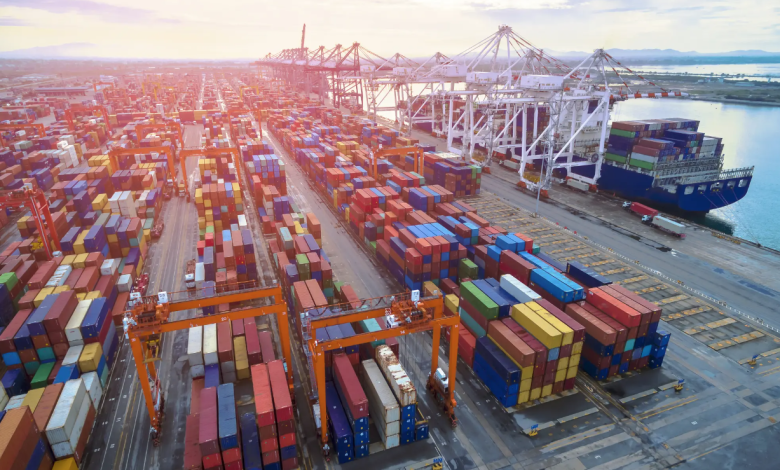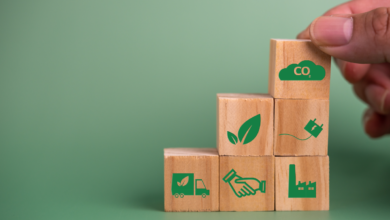(Sustainabilityenvironment.com) – A few days ago was presented “Circular Economy and Collaborative Logistics“, the 30th Notebook of Freight Leaders Council (FLC). The conference dedicated to the relationship between logistics and climate resilience saw the participation of Andrea Giuricin, Unimib economist and CEO of TRA consulting, Francesco Benevolo, director Ram s.p.a. and professor of Transport Economics at the European University of Rome, and Giuseppe Napoli, National Research Council of Italy, Institute of Advanced Technologies for Energy “Nicola Giordano”, in addition to a greeting from the General Director of Confitarma Luca Sisto.
“The field of the logistics – the president of Flc Massimo Marciani has said – already now anticipates many effective circular solutions and the role that is about to play is fundamental. The paradigm shift must occur from the design stage, so that products and packaging generate lower carbon emissions until the end of the life cycle. In addition to optimising what already exists in the logistics sector, the development of the circular economy is able to create completely new business opportunities. As in nature, we need to think about the development of real sustainable ecosystems. But the creation of a different body requires a general change of mentality, not only for the production company, but for the entire logistics sector, which must adopt sharing models, sharing of resources through digital and physical platforms that allow the development of the circular economy”.
Circular economy, collaborative logistics and climate resilience
The discussion has left from the analysis of the models of circular economy and collaborative logistics in the main economies, through the examination of the evolution of the logistic structures, of the marine economy and the start up of shared logistics. The first integrated European supply chain of BioGnl and other good examples will be presented to the speakers.
Among these, the US social enterprise TerraCycle, which guarantees reusable packaging for shipping up to one hundred times; the Chinese Xiogan, which offers automated vehicles for shared deliveries or the “Uber of trucking”, the Manbang Group that, Also in China, it brings together between 5 and 7 million truck drivers to optimize the use of space and energy.
They are analyzed also Italian cases of collaborative logistics: the start up marchigiana Edilmag, with the first shared virtual warehouse for the building inside of which they are put to disposition goods, tools and scraps of working, It is the Italian CPR, which deals with the rental of reusable boxes with foldable sides and pallets.
The Notebook hosts the preface by the Minister of Infrastructure and Sustainable Mobility Enrico Giovannini, who, speaking of collaborative and sustainable logistics, comments: “In short, a climate resilient logistics system should have these characteristics: ensuring delivery despite unforeseen events, with priority to security over timeliness; implementing regionalization of economic activity; with regional hubs located in climate-safe areas; organising shorter transport distances with lower volumes; improving the resilience of the supply chain; with the ability to quickly move goods from one mode of transport to another in case of emergency; transform the current just-in-time delivery processes, with the establishment of warehouses close to the manufacturer. The indications of the Notebook for a collaborative logistics in the perspective of the circular economy, that intertwines competition and cooperation between logistics operators, are very useful contributions to build a stronger, more resilient and more sustainable logistics sector”.






